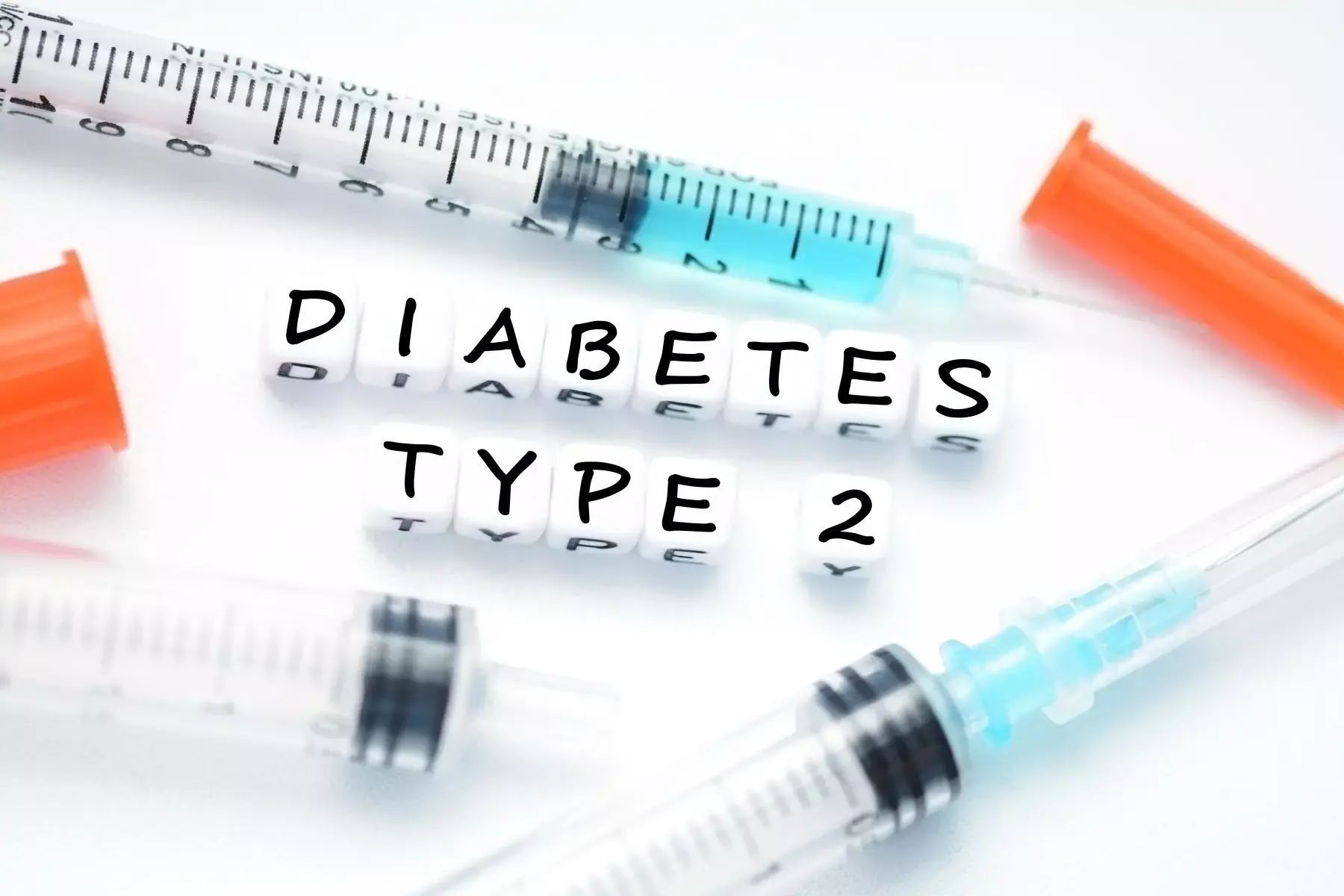- Home
- Medical news & Guidelines
- Anesthesiology
- Cardiology and CTVS
- Critical Care
- Dentistry
- Dermatology
- Diabetes and Endocrinology
- ENT
- Gastroenterology
- Medicine
- Nephrology
- Neurology
- Obstretics-Gynaecology
- Oncology
- Ophthalmology
- Orthopaedics
- Pediatrics-Neonatology
- Psychiatry
- Pulmonology
- Radiology
- Surgery
- Urology
- Laboratory Medicine
- Diet
- Nursing
- Paramedical
- Physiotherapy
- Health news
- Fact Check
- Bone Health Fact Check
- Brain Health Fact Check
- Cancer Related Fact Check
- Child Care Fact Check
- Dental and oral health fact check
- Diabetes and metabolic health fact check
- Diet and Nutrition Fact Check
- Eye and ENT Care Fact Check
- Fitness fact check
- Gut health fact check
- Heart health fact check
- Kidney health fact check
- Medical education fact check
- Men's health fact check
- Respiratory fact check
- Skin and hair care fact check
- Vaccine and Immunization fact check
- Women's health fact check
- AYUSH
- State News
- Andaman and Nicobar Islands
- Andhra Pradesh
- Arunachal Pradesh
- Assam
- Bihar
- Chandigarh
- Chattisgarh
- Dadra and Nagar Haveli
- Daman and Diu
- Delhi
- Goa
- Gujarat
- Haryana
- Himachal Pradesh
- Jammu & Kashmir
- Jharkhand
- Karnataka
- Kerala
- Ladakh
- Lakshadweep
- Madhya Pradesh
- Maharashtra
- Manipur
- Meghalaya
- Mizoram
- Nagaland
- Odisha
- Puducherry
- Punjab
- Rajasthan
- Sikkim
- Tamil Nadu
- Telangana
- Tripura
- Uttar Pradesh
- Uttrakhand
- West Bengal
- Medical Education
- Industry
Baseline inflammatory markers may predict 10-year cognitive decline in T2DM

At 10 years, higher baseline levels of systemic inflammatory markers, including plasma interleukin-6 and fibrinogen, were associated with greater cognitive decline for adults with type 2 diabetes, according to recent study published in the Diabetologia
Researchers aimed to determine the longitudinal association of circulating markers of systemic inflammation with subsequent long-term cognitive change in older people with type 2 diabetes.
The Edinburgh Type 2 Diabetes Study is a prospective cohort study of 1066 adults aged 60 to 75 years with type 2 diabetes. Baseline data included C-reactive protein, IL-6, TNF-α fibrinogen and neuropsychological testing on major cognitive domains. Cognitive testing was repeated after 10 years in 581 participants. A general cognitive ability score was derived from the battery of seven individual cognitive tests using principal component analysis. Linear regression was used to determine longitudinal associations between baseline inflammatory markers and cognitive outcomes at follow-up, with baseline cognitive test results included as covariables to model cognitive change over time.
Results:
Following adjustment for age, sex and baseline general cognitive ability, higher baseline fibrinogen and IL-6 were associated with greater decline in general cognitive ability (standardised βs = −0.059, p=0.032 and −0.064, p=0.018, respectively). These associations lost statistical significance after adjustment for baseline vascular and diabetes-related covariables. When assessing associations with individual cognitive tests, higher IL-6 was associated with greater decline in tests of executive function and abstract reasoning (standardised βs = 0.095, p=0.006 and −0.127, p=0.001, respectively). Similarly, raised fibrinogen and C-reactive protein levels were associated with greater decline in processing speed (standardised βs = −0.115, p=0.001 and −0.111, p=0.001, respectively). These associations remained statistically significant after adjustment for the diabetes- and vascular-related risk factors.
Thus, higher baseline levels of inflammatory markers, including plasma IL-6, fibrinogen and C-reactive protein, were associated with subsequent cognitive decline in older people with type 2 diabetes. At least some of this association appeared to be specific to certain cognitive domains and to be independent of vascular and diabetes-related risk factors.
Reference:
Higher baseline inflammatory marker levels predict greater cognitive decline in older people with type 2 diabetes: year 10 follow-up of the Edinburgh Type 2 Diabetes Study by Anniek J. Sluiman et al. published in the Diabetologia.
https://link.springer.com/article/10.1007/s00125-021-05634-w
Keywords:
Anniek J. Sluiman, Stela McLachlan, Rachel B. Forster, Mark W. J. Strachan, Ian J. Deary & Jackie F. Price, Higher baseline inflammatory marker levels use, Higher baseline inflammatory marker levels and cognitive decline, cognitive decline in older adults, cognitive decline treatment, cognitive decline management, Edinburgh Type 2 Diabetes Study, Diabetologia, cognitive decline in type 2 diabetes
Dr. Shravani Dali has completed her BDS from Pravara institute of medical sciences, loni. Following which she extensively worked in the healthcare sector for 2+ years. She has been actively involved in writing blogs in field of health and wellness. Currently she is pursuing her Masters of public health-health administration from Tata institute of social sciences. She can be contacted at editorial@medicaldialogues.in.
Dr Kamal Kant Kohli-MBBS, DTCD- a chest specialist with more than 30 years of practice and a flair for writing clinical articles, Dr Kamal Kant Kohli joined Medical Dialogues as a Chief Editor of Medical News. Besides writing articles, as an editor, he proofreads and verifies all the medical content published on Medical Dialogues including those coming from journals, studies,medical conferences,guidelines etc. Email: drkohli@medicaldialogues.in. Contact no. 011-43720751


